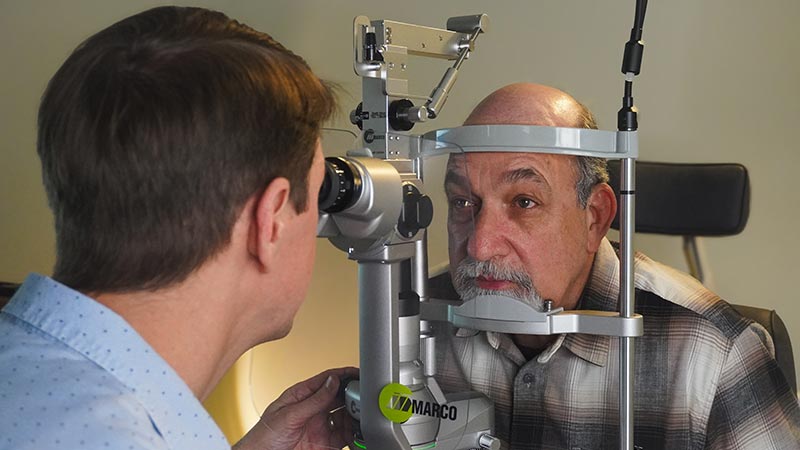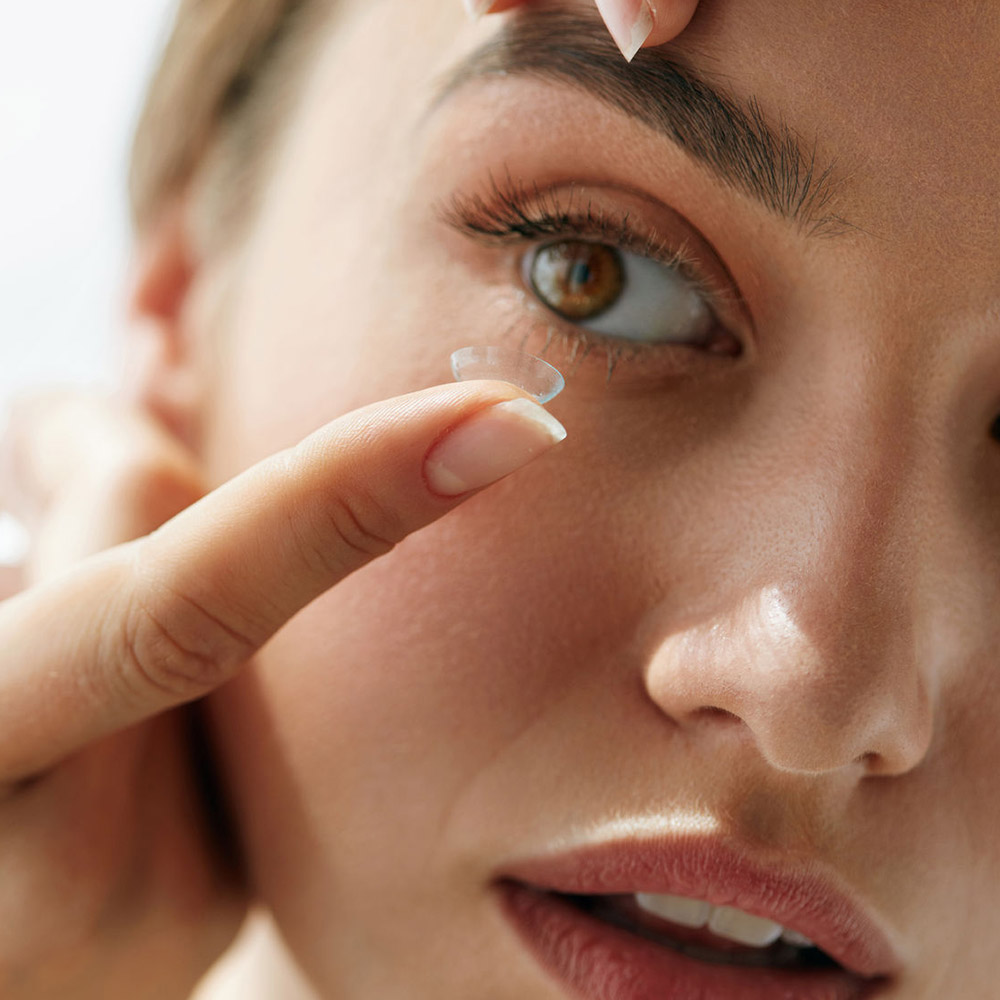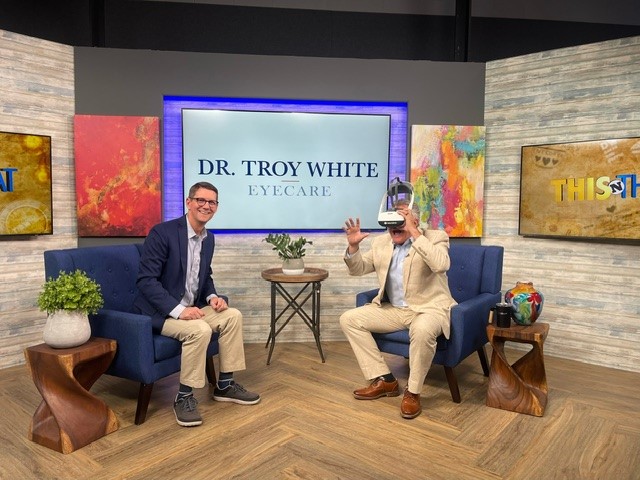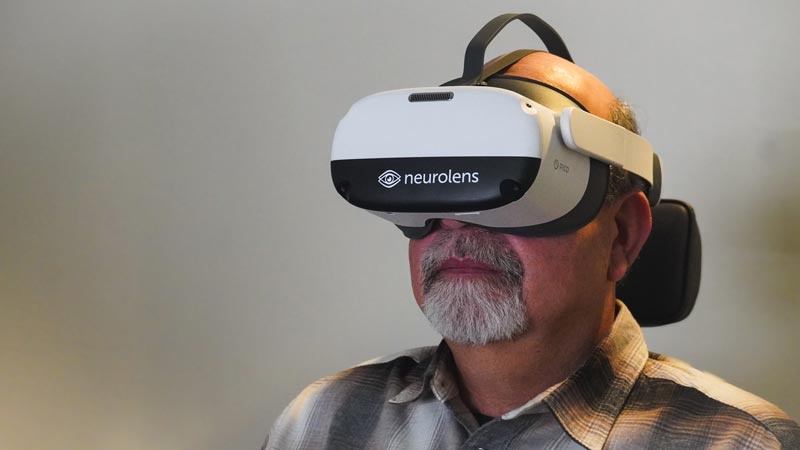Services
We provide a wide array of eye care services. Whether you are bringing in your child for their first exam, noticed that your arms are no longer long enough to read, or we are monitoring your glaucoma, our office strives to provide the highest level of care.
Comprehensive Eye Exams
From medically-necessary contact lenses that transform your vision, myopia control options that slow dangerous nearsightedness, treatments for dry, uncomfortable eyes, to expert management and treatment of eye diseases, has decades of experience caring for eyes.

Each exam starts off with a Lifestyle Questionnaire that you fill out before you see the doctor. This lets the doctor personalize your eye care needs. Maybe you have a special hobby that needs a certain prescription. Maybe you are having issues with glare or sunlight. We also want to know what you don’t like about your current glasses so we can correct those problems. It is all about helping you achieve the best vision possible and keeping your eyes comfortable.
We also want to know about any health issues you might have because certain ones, such as high blood pressure and diabetes, can impact your eye health and vision. It is also important that we know any medications you might be taking because often medications affect vision and eye health.
Our patients range from infants to adults and we personalize each exam for every patient we see. Some of the tests that might be done include a screening visual field, wave front auto refraction, keratometry, OCT for retina, optic nerve, and anterior segment, glaucoma pressure check, dry eye evaluation, binocular vision and accommodation testing, refraction, cornea evaluations, specialty contact lens fitting and an ocular health evaluation.
Contact Lens Evaluations and Fitting
Often this is done during a comprehensive eye exam, but does not have to be. There are so many different types of contacts and options available today. During the course of a contact lens fitting the doctor will determine the best type of contact lens for your eyes; whether they are spherical, toric/astigmatism, multifocal, RGP/hard lenses, keratoconic, CRT, hybrid or any number of custom fitted contacts. Our office also uses the latest technology for the fitting of contacts and evaluation of corneal health. We also keep our patients up to date on the latest advancements in contact lenses so we can provide our patients with maximum comfort and ocular health.
Diagnosis and Treatment of Ocular Disease
Digitally-precise vision testing and high-resolution imaging make your eye examination one of the most advanced and accurate experiences you can have.
Headaches? Eye strain? Eye misalignment could be the culprit. Find out if you’re a candidate with the Neurolens test.
Routine eye exams are very important for early detection of ocular disease. Sometimes ocular diseases present with very noticeable symptoms but other times there are very few symptoms until the disease has progressed. This is why it so important for yearly eye exams because early detection is so critical. Often times once ocular disease is detected, yearly eye exams are not frequent enough to monitor for progression. During these follow up visits some of the latest and most advanced technology in eye care will be used to monitor the condition. The results of any test are always reviewed and explained by the doctor to the patient. We believe in educating our patients so they can also be involved in the treatment process. This means answering any questions during the exam or even days or weeks after. The doctor will always present the different treatment options available and a treatment plan will be developed between the doctor and the patient.


Contact Lens Evaluations and Fitting
Often this is done during a comprehensive eye exam, but does not have to be. There are so many different types of contacts and options available today. During the course of a contact lens fitting the doctor will determine the best type of contact lens for your eyes; whether they are spherical, toric/astigmatism, multifocal, RGP/hard lenses, keratoconic, CRT, hybrid or any number of custom fitted contacts. Our office also uses the latest technology for the fitting of contacts and evaluation of corneal health. We also keep our patients up to date on the latest advancements in contact lenses so we can provide our patients with maximum comfort and ocular health.
Diagnosis and Treatment of Ocular Disease
Digitally-precise vision testing and high-resolution imaging make your eye examination one of the most advanced and accurate experiences you can have.
Headaches? Eye strain? Eye misalignment could be the culprit. Find out if you’re a candidate with the Neurolens test.
Routine eye exams are very important for early detection of ocular disease. Sometimes ocular diseases present with very noticeable symptoms but other times there are very few symptoms until the disease has progressed. This is why it so important for yearly eye exams because early detection is so critical. Often times once ocular disease is detected, yearly eye exams are not frequent enough to monitor for progression. During these follow up visits some of the latest and most advanced technology in eye care will be used to monitor the condition. The results of any test are always reviewed and explained by the doctor to the patient. We believe in educating our patients so they can also be involved in the treatment process. This means answering any questions during the exam or even days or weeks after. The doctor will always present the different treatment options available and a treatment plan will be developed between the doctor and the patient.

Children’s Eye Exams
We always get this question, when should my children have their first eye exam?
The answer that shocks most people is 6 month to 12 months. Since many eye problems arise from conditions that can be identified by an eye doctor in the infant’s first year of life, a parent can set their child up for a lifetime of success by scheduling their child for their first eye exam before they turn one.
One in every 10 children is at risk from undiagnosed eye and vision problems, yet only 13 percent of mothers with children younger than 2 years of age said they had taken their babies to see an vision care professional for a regular check-up or well-care visit. Moreover, many children at risk for eye and vision problems are not being identified at an early age, when many of those problems might be prevented or more easily corrected. Some 4.02 million children were born in 2004, according to the U.S. Census Bureau. In approximately 4 percent, strabismus (lazy eye) will develop, and amblyopia (loss of best correct visual acuity) will develop in 3 percent. This equates to as many as 100,000 infants born each year who are at risk for serious eye and vision problems.
Eye Trauma/Emergencies
We are here for you when the unexpected happens. Whether it is during the workday, after hours, or over the weekend, we are only a phone call away. Dr. White is on call to handle after-hour emergencies.

Neurolens
Relief from headaches, eye strain, fatigue, light sensitivity, and more.
Experiencing eye strain? Eye misalignment could be the culprit. With the Neurolens VR test, we can determine if a contoured prism is right for you.
Join the ranks of people all across the country who have found relief with Neurolens.

